| 结构式 | 名称/CAS号 | 全部文献 |
|---|---|---|
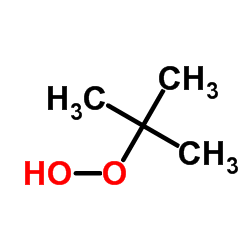 |
叔丁基过氧化氢
CAS:75-91-2 |
|
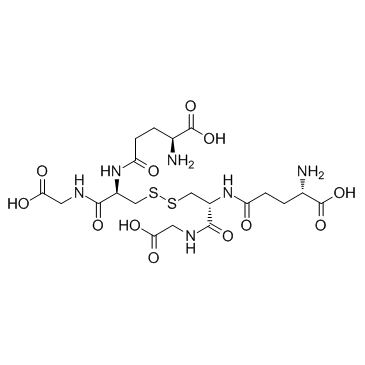 |
L-谷胱甘肽(氧化型)
CAS:27025-41-8 |
|
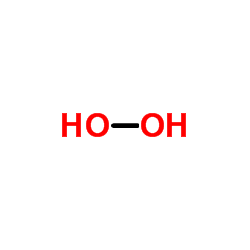 |
过氧化氢
CAS:7722-84-1 |
|
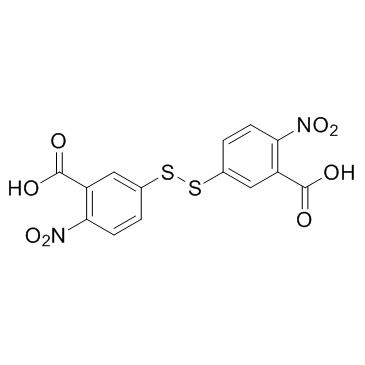 |
5,5'二硫代双(2-硝基苯甲酸)(DTNB)
CAS:69-78-3 |
|
 |
腺嘌呤磷酸盐
CAS:70700-30-0 |
|
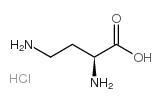 |
L-2,4-二氨基丁酸 单盐酸盐
CAS:1482-98-0 |
|
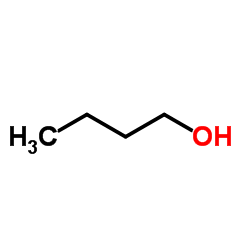 |
正丁醇
CAS:71-36-3 |
|
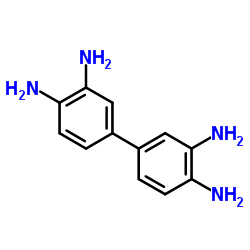 |
3,3'-二氨基联苯胺
CAS:91-95-2 |
|
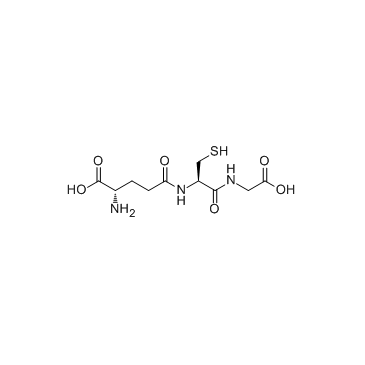 |
谷胱甘肽/5-L-谷氨酰-L-半胱氨酰甘氨酸
CAS:70-18-8 |
|
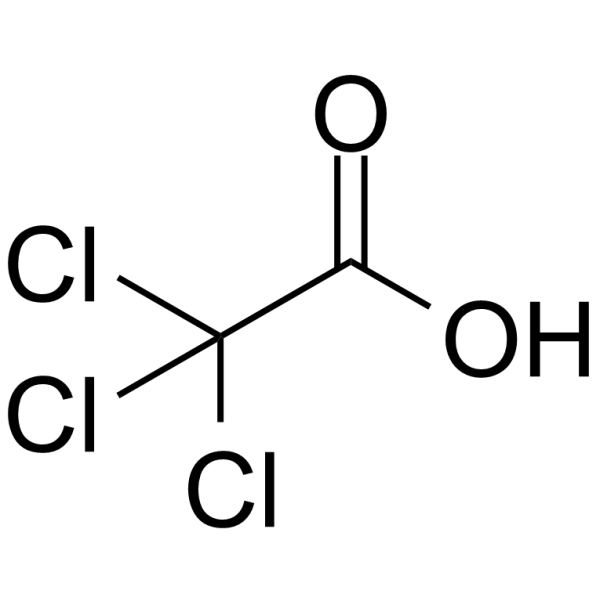 |
三氯乙酸
CAS:76-03-9 |